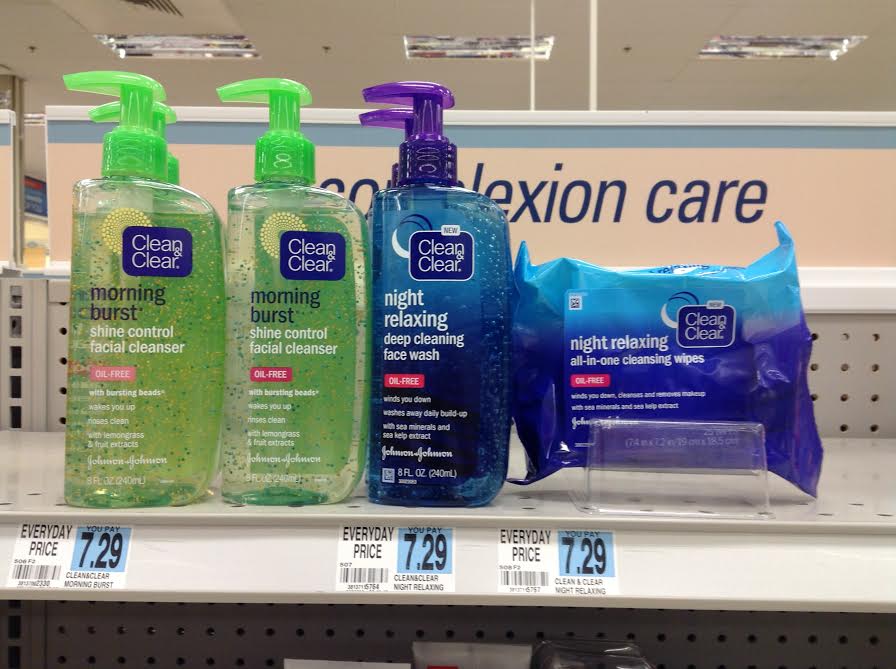A victory for environmentalists
Stocked on nearly every supermarket shelf in the country, Clean & Clear facewash is just one of the many cleansers containing microbeads. The Microbead-Free Waters act, starting in 2017, will ban products containing these harmful plastics.
January 15, 2016
Hundreds of laws are passed in the White House each year, so it is hard to fathom how a single law could affect your everyday routine. Just last week, the Microbead-Free Waters Act, banning deceivingly harmless microbead products, was passed by President Obama. Microbeads can be found in exfoliating face washes, body washes, and toothpastes–products millions of people use everyday.
What is a microbead, and why are they so harmful? A microbead is a plastic microsphere that most would recognize from Neutrogena Acne Scrubs or from Bath & Body Works’ antibacterial hand sanitizers. The beads were largely criticized by environmental groups for the environmental hazard they pose when drained into lakes and streams. Just one tube of face wash there can contain anywhere from 350,000 microbeads, contributing to the estimated 2.9 trillion entering U.S. waterways every year. Microbeads are tiny enough to pass through sewage treatment plants, therefore allowing them to infiltrate bodies of water. The beads do not biodegrade in marine environments and threaten marine wildlife such as sea turtles and fish. Microbeads are designed to soak up toxins like a sponge, which becomes deadly when fish mistake them for food. A study recently conducted by Scientific Reports concluded that nearly ¼ of fish sold in California markets have ingested plastic. The toxins ingested by these fish could easily make their way up the food pyramid to humans, scientists suggest.
“I never realized that something so simple as face wash could be so…catastrophic,” sophomore Brynn Lloyd expressed. “All my friends, including myself, use soaps with microbeads. I guess I never really considered how it affected the world around me.”
The Microbead-Free Waters Act is to be enacted starting July of 2017, and though it seems a far away, companies like L’oreal are already experimenting with natural approaches to plastic, such as apricot seeds and sand. In addition to the long list of multinationals striving towards environmental consciousness, two Dutch NGOs launched a smartphone app called Beat the Microbead. The app allows for consumers to scan the barcode of a product with their iPhone camera for the presence of microbeads. “The app is a brilliant idea,” says sophomore Ward Carroll. “No one has time to check every ingredient when they are out shopping.”
This ban is just the push America needs to get a handle on pollution. Stricter environmental laws reinforce environmental consciousness and secure a brighter future for the generations to come.












